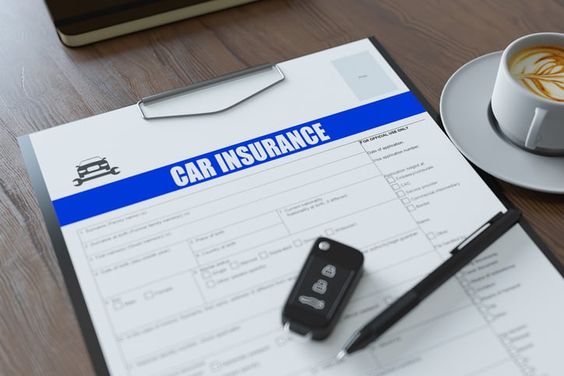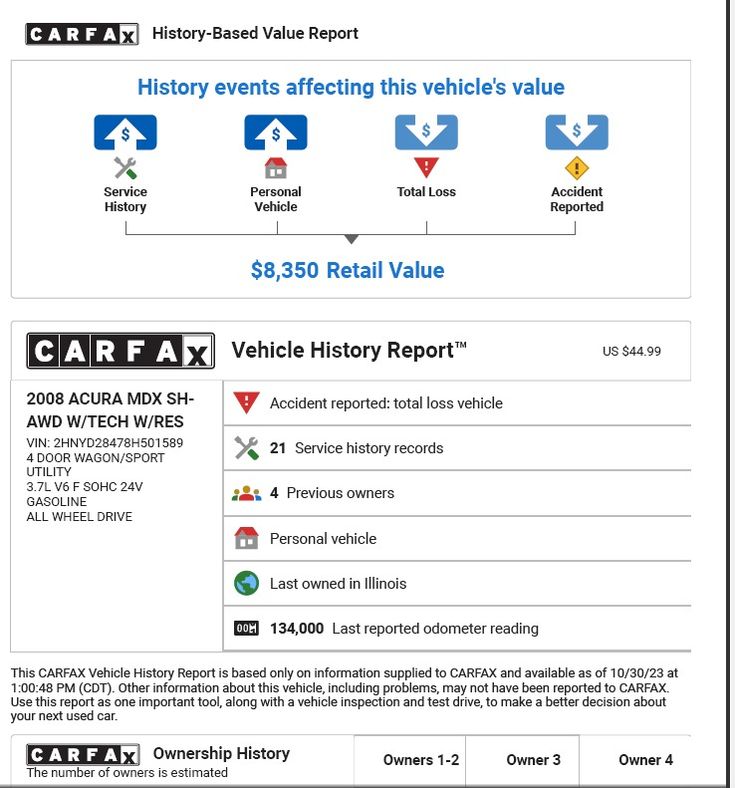Introduction:
Leasing a car for your business can be a smart financial decision, offering flexibility and tax benefits. However, navigating the leasing process can be daunting, especially if you're unfamiliar with the intricacies. This guide will walk you through the essential steps of leasing a car for your business, from understanding the basics to making informed choices.

Whether you're a small business owner or a large corporation, leasing a car can provide a cost-effective way to access reliable transportation without the long-term commitment of ownership. By understanding the different lease options, tax implications, and key considerations, you can make a well-informed decision that aligns with your business needs.
Understanding Business Car Leases
Before diving into the specifics, it's crucial to grasp the fundamental differences between personal and business car leases. Business car leases are designed for companies and individuals using vehicles for business purposes. These leases often come with unique terms and conditions, including:
- Tax Deductibility: Business car lease payments are typically tax-deductible, offering significant financial advantages.
- Flexibility: Business leases often provide shorter terms than personal leases, allowing you to upgrade your vehicle more frequently.
- Maintenance: Some business leases include maintenance packages, simplifying vehicle upkeep and reducing unexpected costs.
Choosing the Right Lease Option
The type of lease you choose will depend on your specific business needs and financial situation. Here are some common lease options:
- Operating Lease: This is the most common type of business lease, offering flexibility and lower monthly payments. You essentially rent the vehicle for a set period, and the leasing company handles maintenance and repairs.
- Capital Lease: This option allows you to claim ownership of the vehicle at the end of the lease term. Capital leases typically have higher monthly payments but offer greater control over the vehicle.
- Finance Lease: This type of lease is similar to a loan, with you making regular payments until you own the vehicle. Finance leases often have lower monthly payments than capital leases but may require a larger down payment.
Key Considerations for Business Car Leases
When leasing a car for your business, several factors should be carefully considered:
- Vehicle Type: Choose a vehicle that meets your business needs, considering factors like size, fuel efficiency, and cargo space.
- Lease Term: Determine the optimal lease term based on your business goals and anticipated vehicle usage.
- Mileage Limits: Be aware of any mileage restrictions in your lease agreement, as exceeding these limits can result in penalties.
- Residual Value: The residual value is the estimated value of the vehicle at the end of the lease term. A higher residual value can lead to lower monthly payments.
- Tax Implications: Understand the tax implications of leasing a car for your business, including deductibility of lease payments and depreciation.
Conclusion
Leasing a car for your business can be a strategic move, offering flexibility, tax benefits, and access to reliable transportation. By carefully considering the different lease options, key considerations, and tax implications, you can make an informed decision that aligns with your business needs and financial goals. Remember to consult with a financial advisor or tax professional to ensure you're maximizing the benefits of leasing a car for your business.





